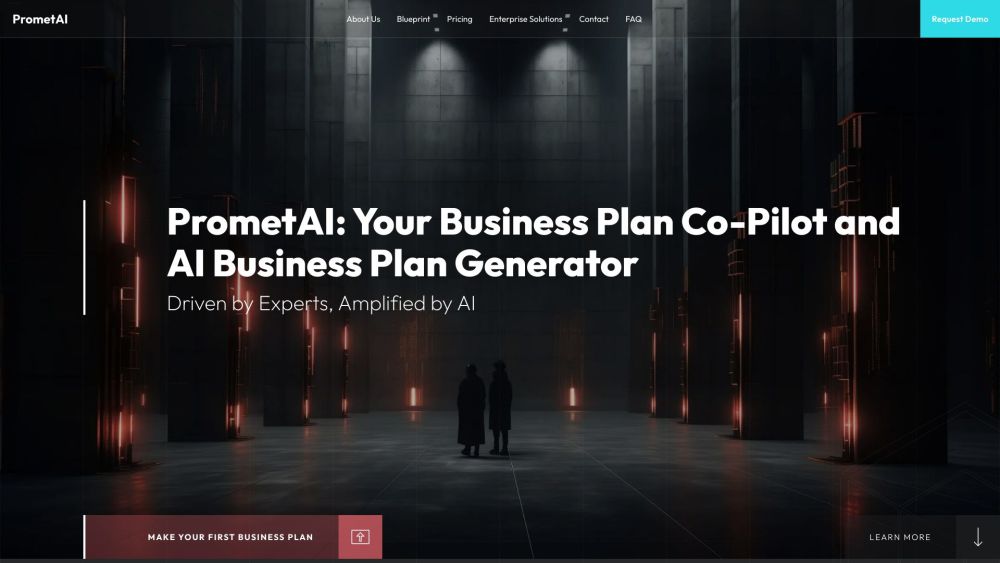As debates continue about AI's potential in healthcare, startups are embracing the technology with strong backing from venture capital. San Francisco-based Triomics, dedicated to enhancing cancer care through generative AI, has secured $15 million in funding from Lightspeed, Nexus Venture Partners, General Catalyst, and Y Combinator.
Founded by former MIT and Adobe researchers Sarim Khan and Hrituraj Singh, Triomics has created a suite of large language models (LLMs) known as OncoLLM. These models streamline complex oncology workflows, enabling medical staff to determine suitable treatment paths for patients more efficiently.
Triomics addresses a critical issue: the rising prevalence of cancer, projected to reach 35 million new cases by 2050—a 77% increase from 20 million cases in 2022. This surge places increased pressure on cancer care centers, especially given the declining healthcare workforce.
Currently, many nurses and cancer care professionals spend significant time manually reviewing patient records to identify relevant data for care pathways or clinical trial eligibility. This process, which includes analyzing unstructured notes and test reports, often leads to delays in patient care and treatment opportunities.
Triomics aims to resolve this challenge with its oncology-focused OncoLLM, which can be fine-tuned with internal datasets for optimized deployment in clinical settings.
"OncoLLM consists of various models designed for different tasks, including retrievers and generators. Some are developed from scratch, while others are fine-tuned based on state-of-the-art open-source models. We customize our models for each healthcare partner, using their proprietary data and leveraging reinforcement learning for enhanced accuracy," Khan explained.
Once tuned to an institution, these models are integrated into Triomics' software solutions, which work with electronic health record (EHR) systems to streamline specific workflows. The company currently offers two products: Harmony, which organizes data for registry and research needs, and Prism, which pre-screens oncology patients for relevant clinical trials. This integration reduces the time necessary for patient chart reviews from days or weeks to mere minutes.
In tests conducted at the Medical College of Wisconsin Cancer Center, Triomics' offering outperformed larger open-source and proprietary LLMs in patient-trial matching, rivaling the expertise of qualified medical professionals and GPT-4, despite its smaller size and significantly lower cost. The company has also developed an advanced variant of OncoLLM, achieving superior accuracy compared to both GPT-4 and medical experts.
With the recent funding, Triomics aims to expand its team and enhance product reach, having already secured partnerships with several academic medical centers and plans to onboard over a dozen institutions by year-end. The pricing strategy for the OncoLLM-based solution is customized based on each customer's needs.
“We are currently engaged with around six academic medical centers and expect this number to grow into double digits by summer. We're also extending our reach to large community oncology practices to positively impact more patients," Khan stated.
While other solutions exist for patient-trial matching, Triomics distinguishes itself with its OncoLLM-powered software, specializing in oncology and relying entirely on generative AI rather than adapting legacy technologies. This approach aims to deliver the scalability and significant return on investment that the healthcare industry demands.





